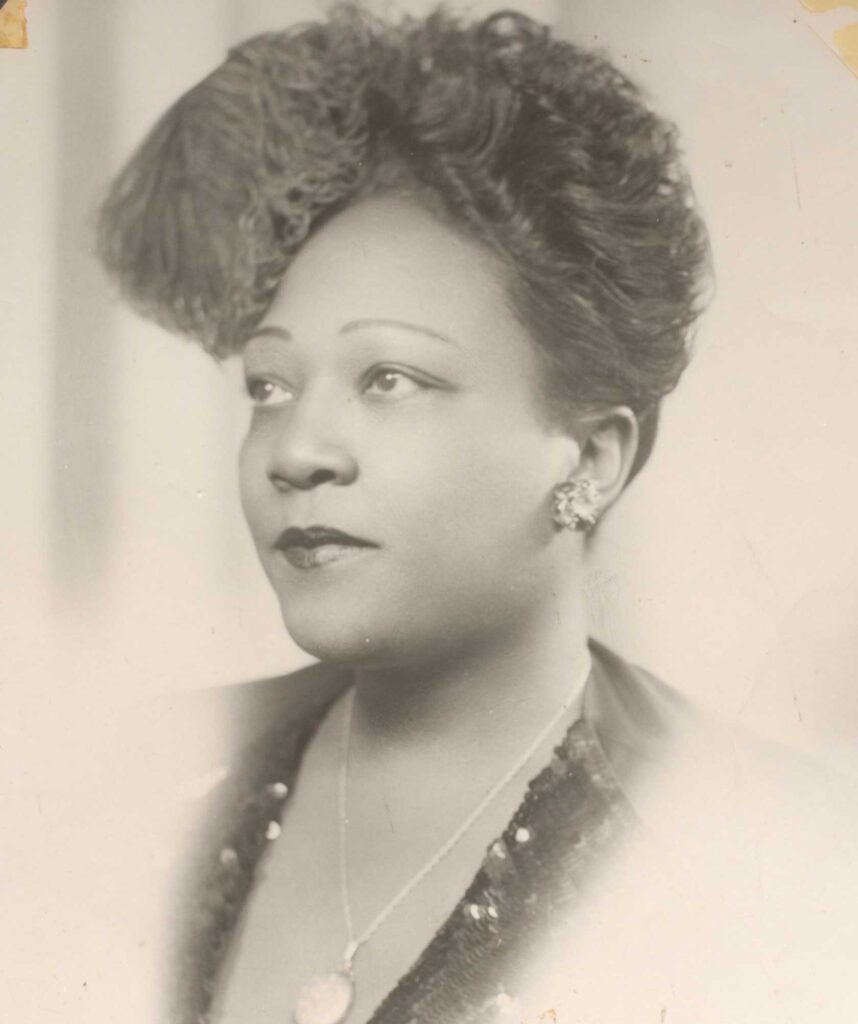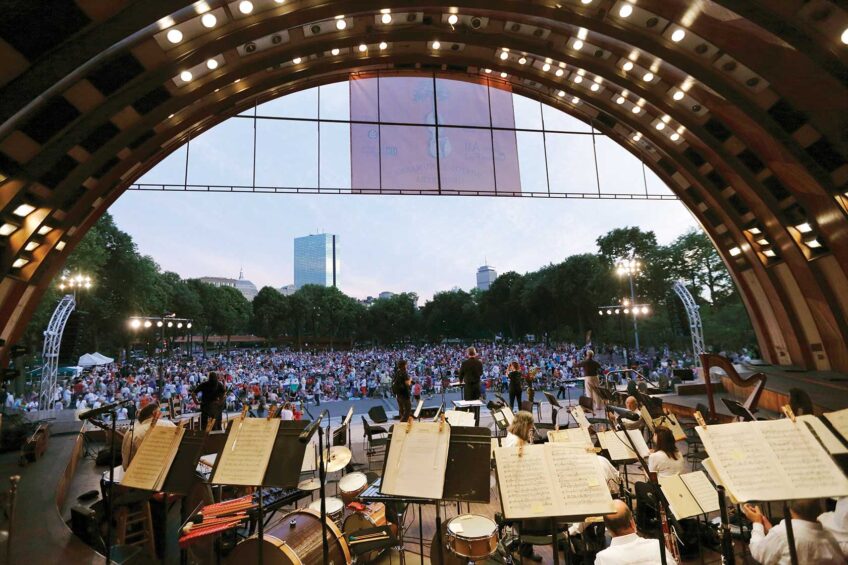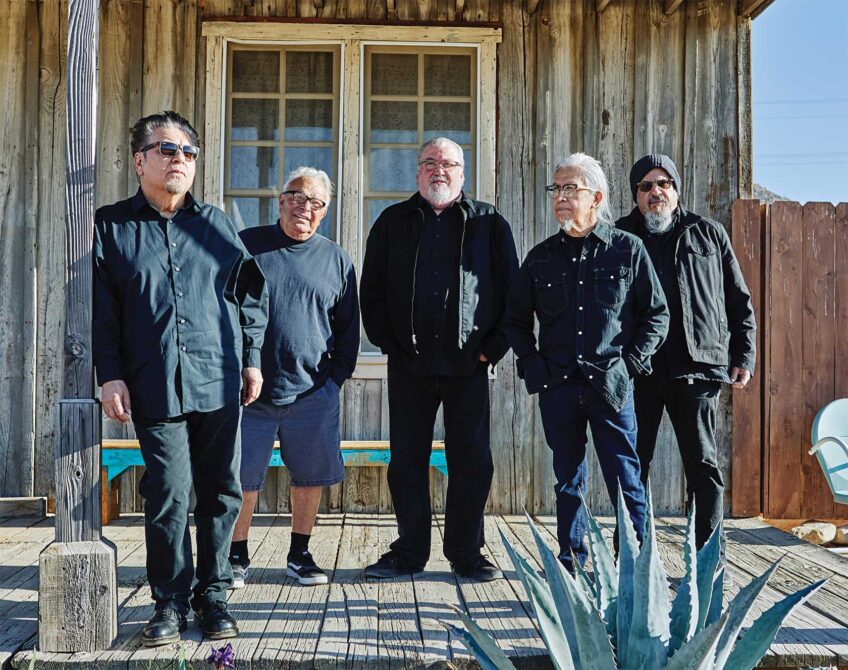‘Songs for Mary’ honors life and legacy of opera star Mary Cardwell Dawson
Boston-based creative team aims to raise awareness of National Negro Opera Company founder and restore her former home

Mary Cardwell Dawson may have barely reached five feet in a pair of heels, but she was a force to be reckoned with. Dawson was an American musician and educator who founded the National Negro Opera Company in 1941, using her rented home (dubbed “Mystery Manor”) on Apple Street in Pittsburgh as its headquarters. More than 80 years later, that property and its history need support, and Boston advocates Dawn Carroll and Jon Butcher, as well as Houston-based rapper Michael Berry, are spreading awareness for the cause through an album called “Songs for Mary.”
Inspired by Dawson, the album tells the history of the National Negro Opera Company, and the prominent Black musicians and celebrities who participated in it, through song. The album is the blueprint for a stage show to be developed later on. The Apple Street house was a meeting ground as much as an arts space, and visitors like Duke Ellington, Joe Louis, Roberto Clemente and others frequently spent time there. The album kicks off with the track “If the Walls Could Talk,” in which Berry ruminates on the famous Black visitors to Mystery Manor and draws strength from their spirits.
“It’s about a community, a group of people that want the same voice to the voiceless, and most of all showing that no one is alone,” says Berry. “If we do not raise awareness and educate about this nation’s history, how would we know where to start? To change some of these social injustices we must rise and fight.”
Carroll is a Boston-based designer and co-founded the nonprofit mentorship organization Over My Shoulder Foundation (OMSF) with Grammy Award-winner Patti Austin, whose parents also spent time at Mystery Manor. She teamed up with Butcher, a Grammy-nominated guitarist, producer and filmmaker, when the project began.
Carroll says bringing on Berry was an easy choice. She met Berry, who has cerebral palsy, through her mentorship work and knew he would be a perfect fit for the album. Berry says that Carroll has been like a second mother to him and the project further cemented their bond.
“Songs for Mary” will be released soon on all streaming platforms. Listeners can keep an eye on the project website for release dates and more information about Dawson and the work to preserve her legacy.
The album is just one piece of a much larger puzzle. The team’s goal is to raise awareness for the project through the album and then fundraise to restore the home on Apple Street. Currently the property is owned by Jonnet Solomon, who has worked hard to get the home historic status and to raise funds for its preservation. Carroll and her team are working in tandem with Solomon to support those efforts.
As a designer, Carroll sees a lot of potential for the interior preservation efforts of the home. In an ideal world, she’d like to see contemporary Black celebrities participate in the project both in terms of funding and designing the space.

Dawson’s former home and headquarters of the
National Negro Opera Company in Pittsburgh, now in disrepair. PHOTO: WIKIMEDIA COMMONS
“How cool would it be if Lionel Richie did the Lena Horne room?” says Carroll. “And how cool would it be of Lenny Kravitz did the Roberto Clemente room or, you know, the Woogie Harris room — he owned a house and was one of the first Black millionaires ever.”
This Boston-based team isn’t the only connection between Pittsburgh and The Hub. Dawson attended The New England Conservatory of Music in 1925, walking the same halls that would later be traversed by Coretta Scott King and other distinguished alumni.
During the heyday of the National Negro Opera Company in the 1940s and ’50s, people of color in the United States were operating under the discriminatory Jim Crow laws and faced inequities at every turn. Preserving the history of Dawson and the opera company also draws important parallels between that era and today.
“Those same social injustices still exist today,” says Berry. “This allows us to keep their stories, as well as Mary Dawson’s legacy, alive, and highlight her as one of the true pioneers that helped pave the way for so many minority people today.”









